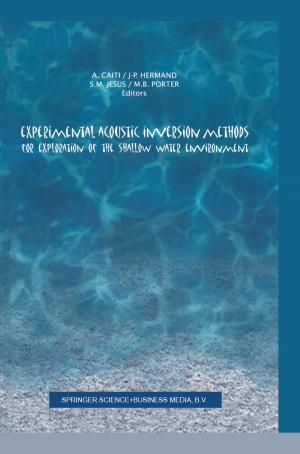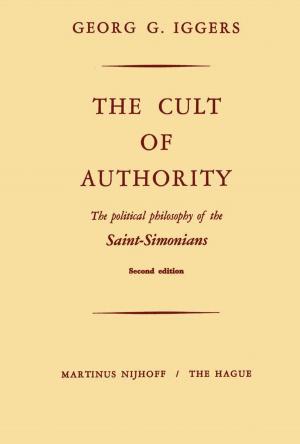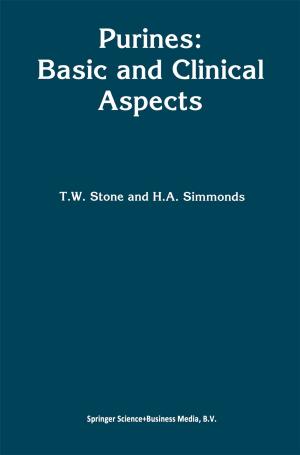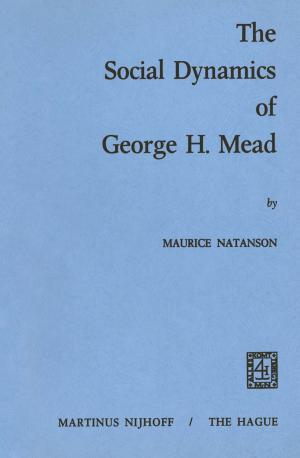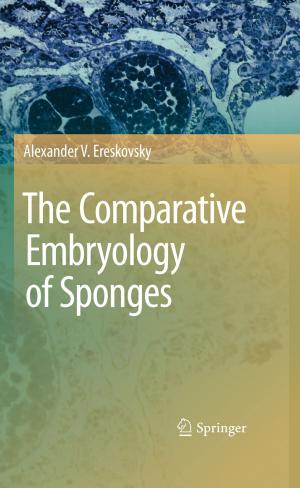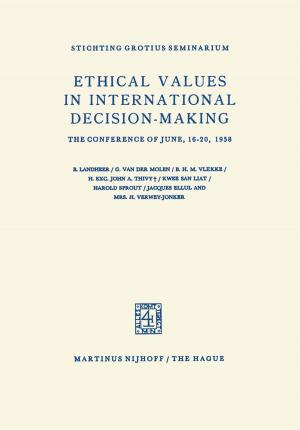Thomas Reid’s Lectures on the Fine Arts
Transcribed from the Original Manuscript, with an Introduction and Notes
Nonfiction, Religion & Spirituality, Philosophy, Aesthetics| Author: | ISBN: | 9789401024457 | |
| Publisher: | Springer Netherlands | Publication: | December 6, 2012 |
| Imprint: | Springer | Language: | English |
| Author: | |
| ISBN: | 9789401024457 |
| Publisher: | Springer Netherlands |
| Publication: | December 6, 2012 |
| Imprint: | Springer |
| Language: | English |
The past few years have seen a revival of interest in Thomas Reid's philosophy. His moral theory has been studied by D. D. Raphael (The Moral Sense) and his entire philosophical position by S. A. Grave (The Scottish Philosophy of Common Sense). Prior to both, A. D. Woozley gave us the first modern reprint of Reid's Essays on the Intellectual Powers of Man - in fact the first edition of any work by Reid to appear in print since the Philosophical Works was edited in the nineteenth century by Sir William Hamilton. But Reid's aesthetic philosophy has not received its due. Woozley, in abridging the Essays, omitted the whole final essay, "On Taste," which is the only extended work on aesthetic theory that Reid ever published. Raphael, being interested primarily in Reid's moral theory, understand ably, treated aesthetics only as it was related to morality. And Grave, although he did present a short and very cogent resume of Reid's aes thetic position, obviously found himself drawn to other elements of Reid's philosophy. There are, of course, some accounts of Reid's aes thetic theory to be found in the various studies of eighteenth-century British aesthetics and criticism. None, however, appears to me to do any kind of justice to the philosophical questions which Reid treats in his aesthetics and philosophy of art.
The past few years have seen a revival of interest in Thomas Reid's philosophy. His moral theory has been studied by D. D. Raphael (The Moral Sense) and his entire philosophical position by S. A. Grave (The Scottish Philosophy of Common Sense). Prior to both, A. D. Woozley gave us the first modern reprint of Reid's Essays on the Intellectual Powers of Man - in fact the first edition of any work by Reid to appear in print since the Philosophical Works was edited in the nineteenth century by Sir William Hamilton. But Reid's aesthetic philosophy has not received its due. Woozley, in abridging the Essays, omitted the whole final essay, "On Taste," which is the only extended work on aesthetic theory that Reid ever published. Raphael, being interested primarily in Reid's moral theory, understand ably, treated aesthetics only as it was related to morality. And Grave, although he did present a short and very cogent resume of Reid's aes thetic position, obviously found himself drawn to other elements of Reid's philosophy. There are, of course, some accounts of Reid's aes thetic theory to be found in the various studies of eighteenth-century British aesthetics and criticism. None, however, appears to me to do any kind of justice to the philosophical questions which Reid treats in his aesthetics and philosophy of art.


